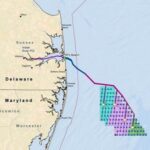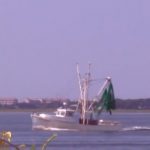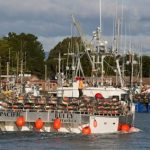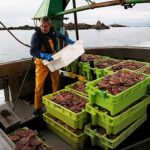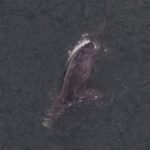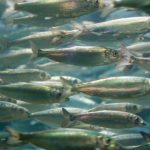Daily Archives: September 24, 2020
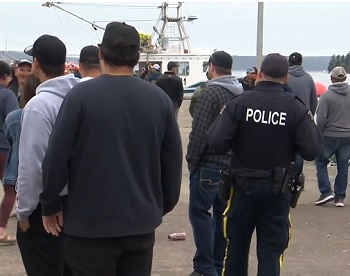
Sipekne’katik First Nation to meet with Minister Bernadette Jordan next week
After multiple calls to meet with the Department of Fisheries and Oceans, members of the Sipekne’katik First Nation will sit down with Fisheries Minister Bernadette Jordan next week. Chief Michael Sack tells Global News the details of the meeting, to be held amid an ongoing dispute between Indigenous and non-Indigenous fishers, are still in the works, but he says it will be held virtually as Jordan is returning from Ottawa and will need to self-isolate for 14 days upon her arrival. video, >click to read< 19:11
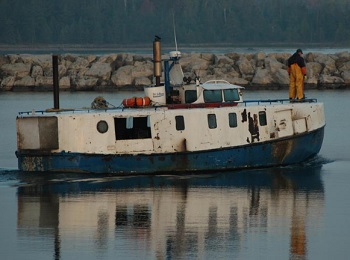
Congress gave $300 million to help fisheries. The Great Lakes got zero. Why were they left out?!
The nationwide shutdown was especially ill-timed for fishers in the Great Lakes. “We had reports of commercial fishermen in Michigan who had a catch with absolutely nowhere to sell it,” Luckily, there was a plan in place to help commercial fishers and charter boats. But when it came time to distribute that funding, most of the Great Lakes states were left out altogether. That came as a shock to many fishers. “Right up until the final hour, a lot of the Great Lakes fishery participants thought that they were going to be included,” says Gravelle. Why the Great Lakes were left out? >click to read< 14:53
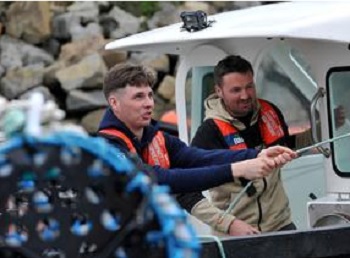
These guys are hot! Fishermen who rescued lost paddleboarders, rescue a man in Galway
The father and son who rescued two paddleboarders last month have saved another life after plucking a man from the water in Galway yesterday morning. Patrick Oliver and his 18-year old son Morgan were hailed for their role in saving two cousins in Galway Bay last month. Now the father and son have been hailed heroes again after rescuing a Galwayman who was spotted in the water in the River Corrib around 9am yesterday morning. The Olivers, who were on their way out to sea in their fishing boat, turned back. >click to read< 13:55
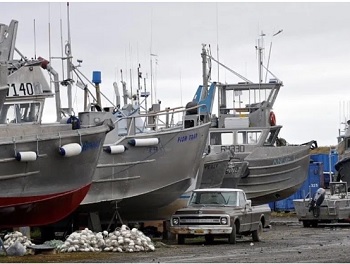
Special report: Pebble, and the reality of life in the region for those without commercial fishing permits
Pebble Mine is a story of Alaskans and Native peoples being prohibited from using their natural resources. The mine is of tremendous significance to the Alaska people touched by it, but not in the ways that have been portrayed in media…incessantly. Among the thousands of articles, press releases, documentary-style videos, and advertisements written and paid for by Outside environmental activist groups and wealthy donors, none mentions the people whose lands and lives will actually be affected by the mine. While Alaskans love and care about their State, not all have had their voices heard. Many have been drowned out. Most of the general public outside these small remote communities are probably unaware that there even are other views about the mine, voices in support. It’s time they were heard. >click to read< 12:54
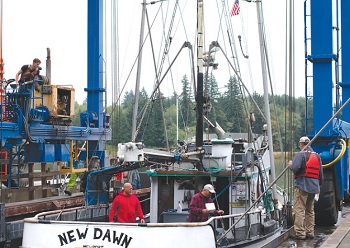
Port of Toledo continues expansion
“The boatyard used to only go down to there,” Port of Toledo Manager Bud Shoemake said at the Port of Toledo Shipyard on the Yaquina River,,, Shoemake, as he always does, credits good strategic planning as well as the port’s many partners, including the Siletz Tribe, for the growth and success of the port. “Everything we’ve done is because of the plan,” he said. The shipyard currently sees more than 200 boats come in each year, most for regular maintenance. “We call it a shave and a haircut,” said Shoemake — boats getting power washed, a fresh coat of paint and new zincs. >click to read< 10:39
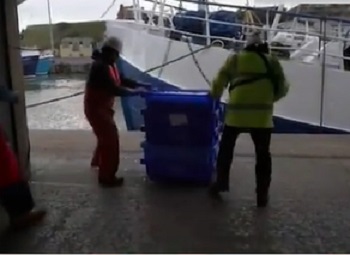
Brexit fishing breakthrough: Canada’s turbot war with EU sets example for Britain
A ten-year controversy between Ottawa and Brussels involving overfishing and fishing violations by EU vessels from Spain and Portugal in international waters outside Canada’s 200-mile limit only came to a head in 1995. Fishing in those waters is managed by the Northwest Atlantic Fisheries Organisation (NAFO). With scientists warning that turbot, the largest remaining commercial fish stock in the Northwest Atlantic, was overfished, NAFO established a total allowable catch and quotas for the 1995 fishing season. >click to read< 09:39
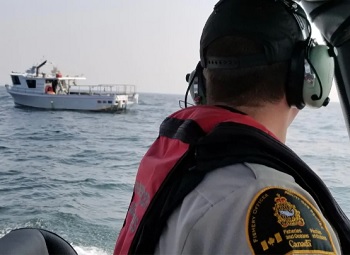
Fisheries officials seize 316 Canadian crab traps set in U.S. water, along with four vessels as part of annual sting
“You have people who push the envelope because it may be worth it for them to do that if they don’t get caught, because there’s money in crab — there’s good money in crab,” he said. “Sometimes getting caught and getting fines may be the price of doing business.” Demsky estimates each set of gear — including a trap, float, ropes and radio frequency ID chip — would cost about $500 to replace. DFO will seek the forfeiture of all of them, and the courts will decide whether the fishers will face fines, the loss of their fishing license or vessels. The fines are often several thousand dollars, but can to go a maximum of $500,000 for a first-time offender, according to Demsky. >click to read< 08:10



































